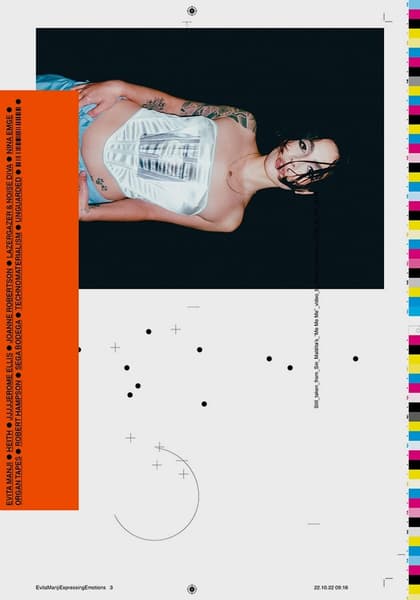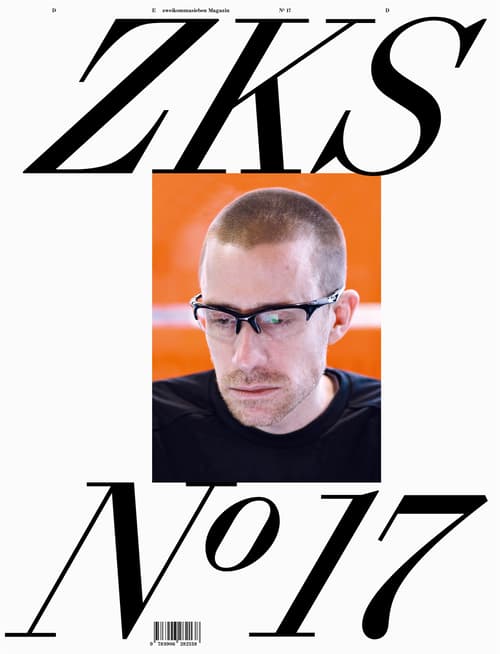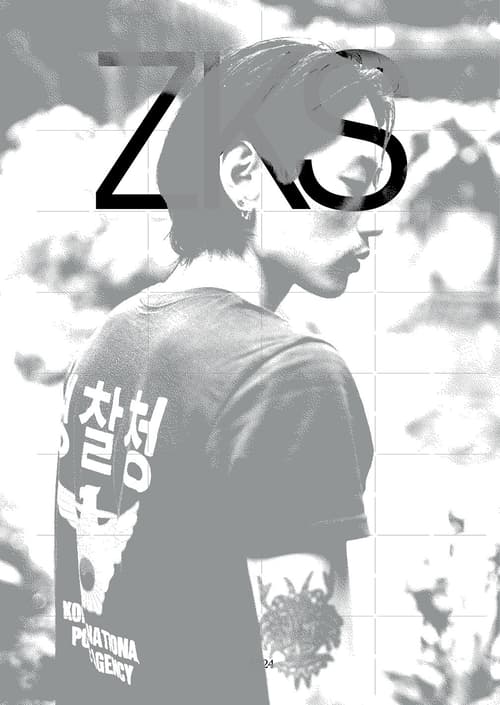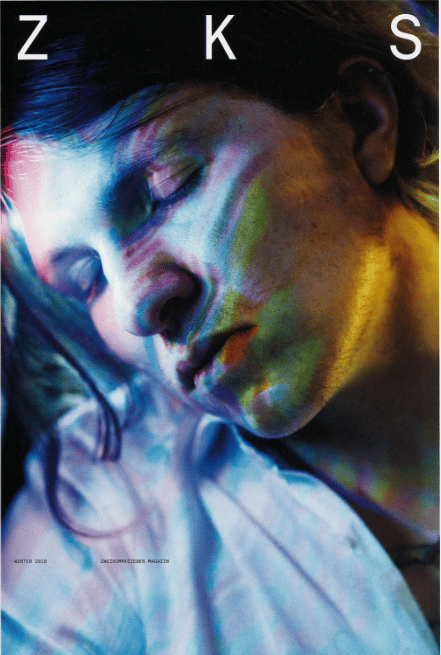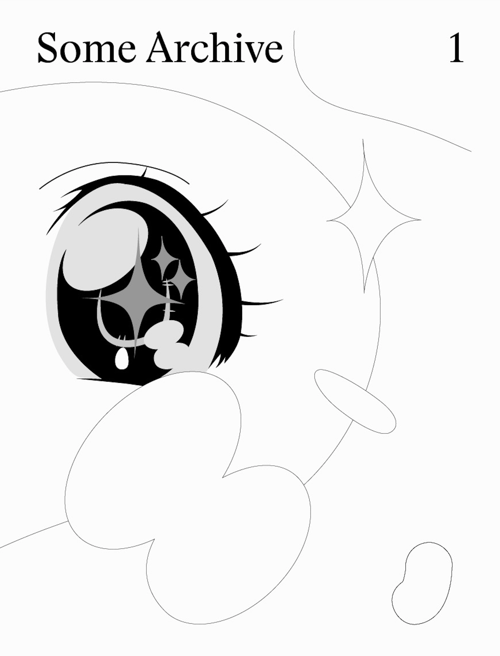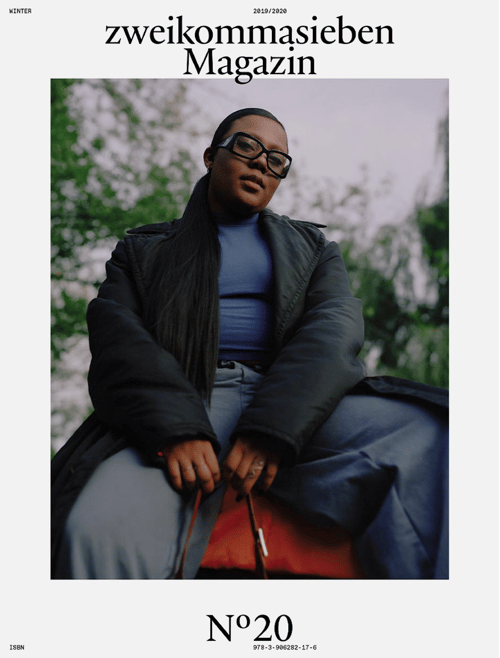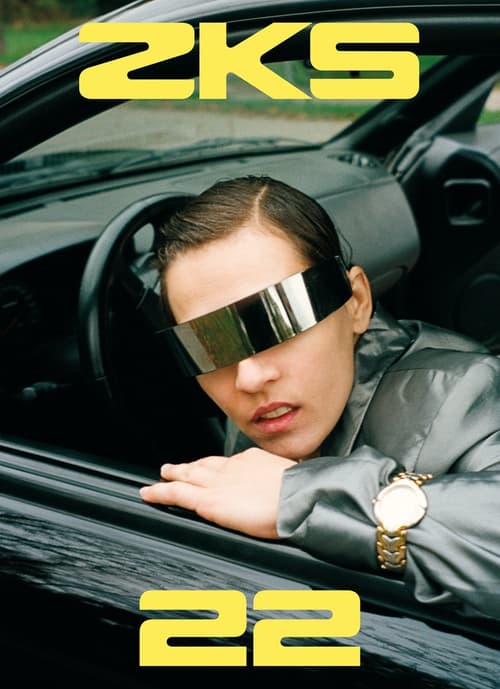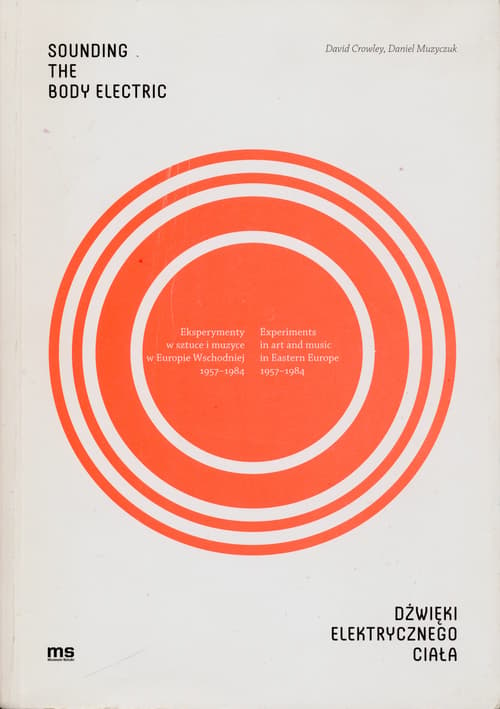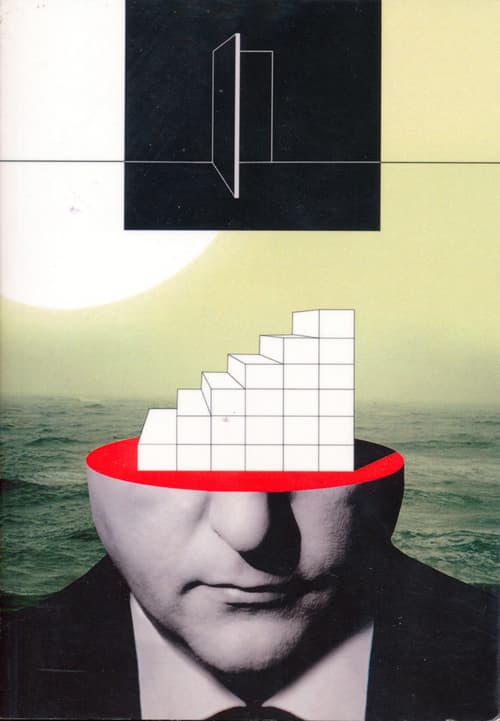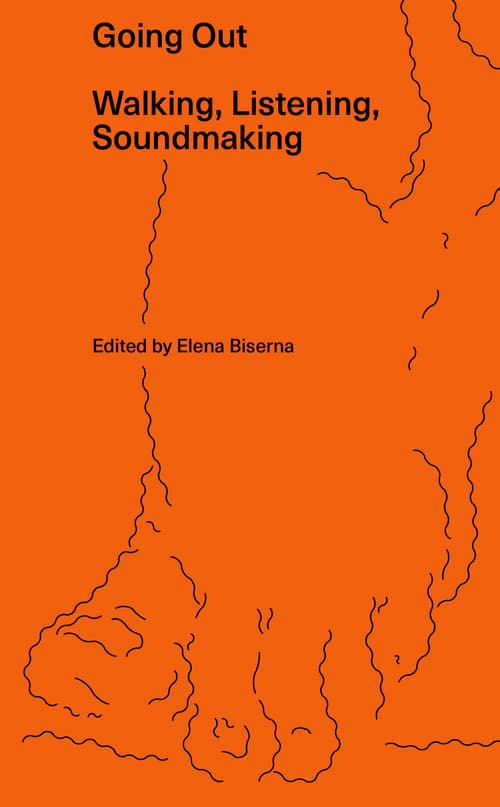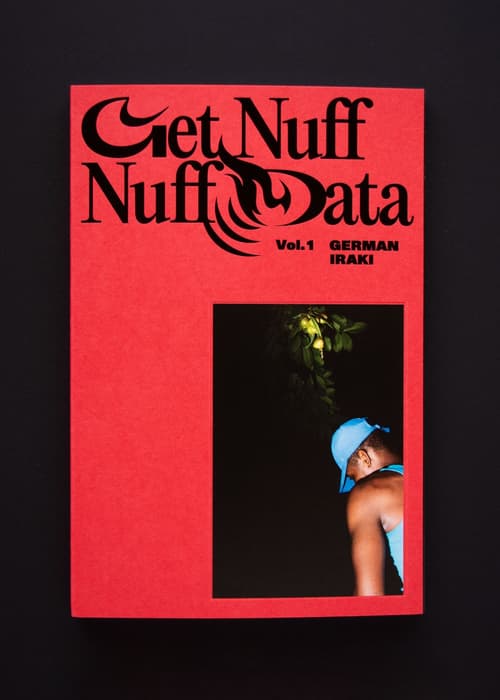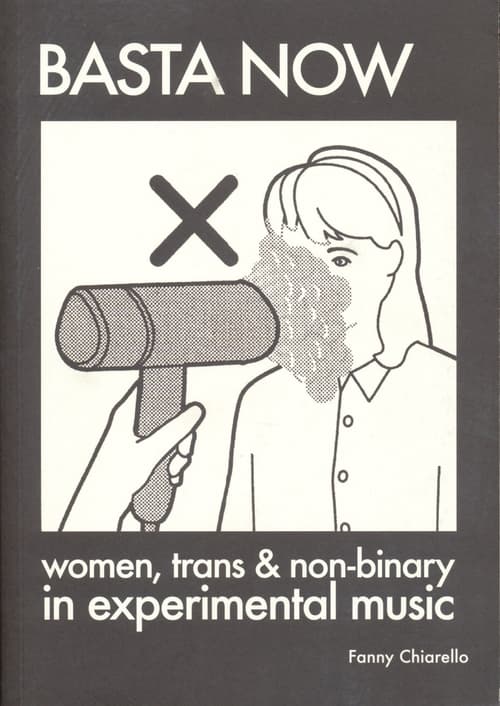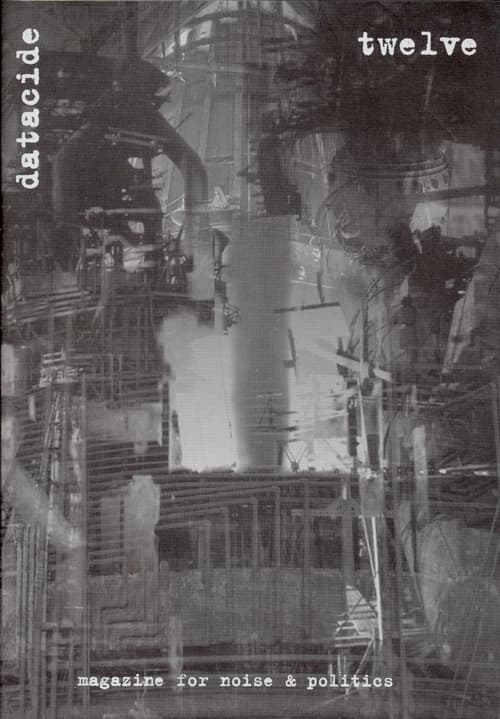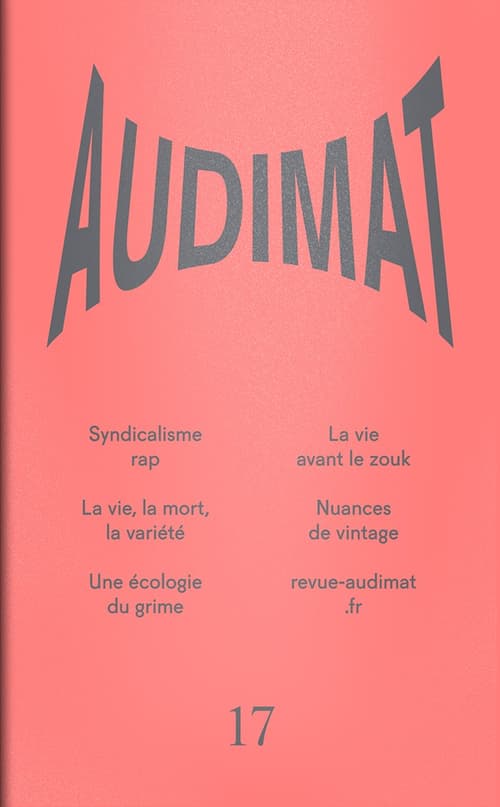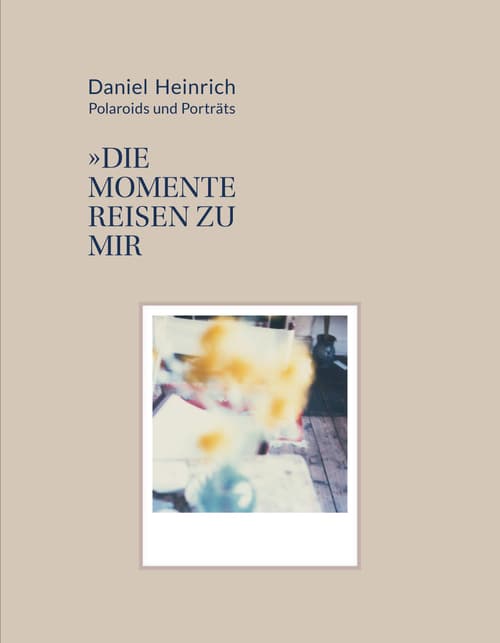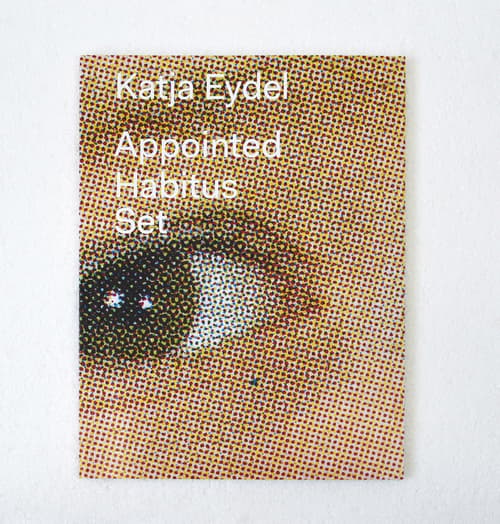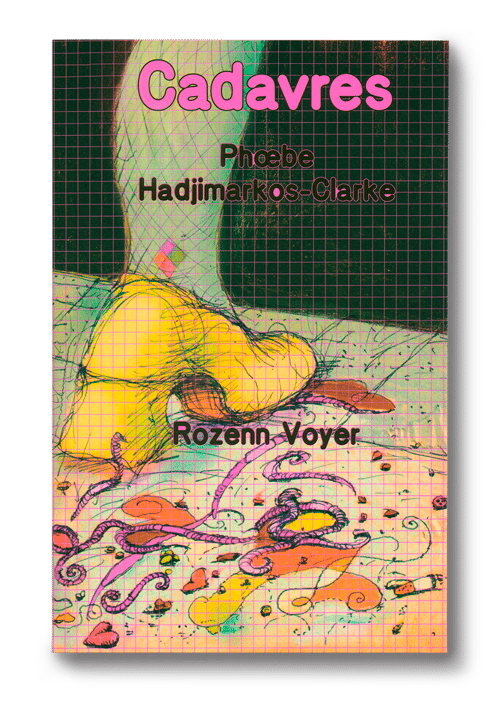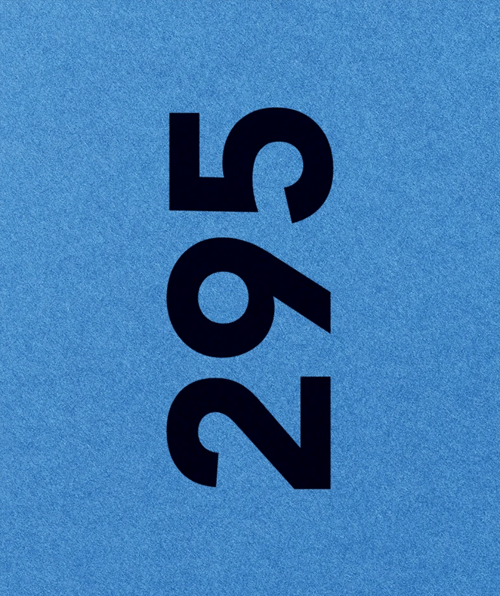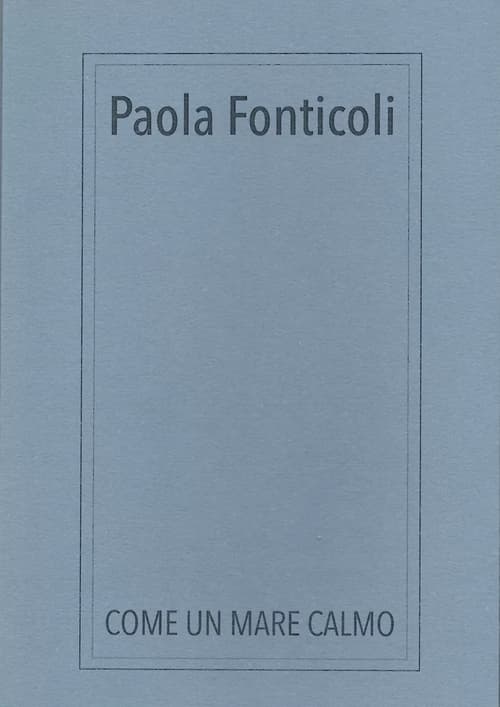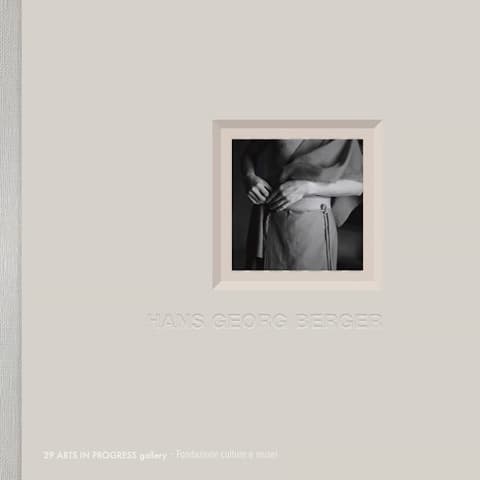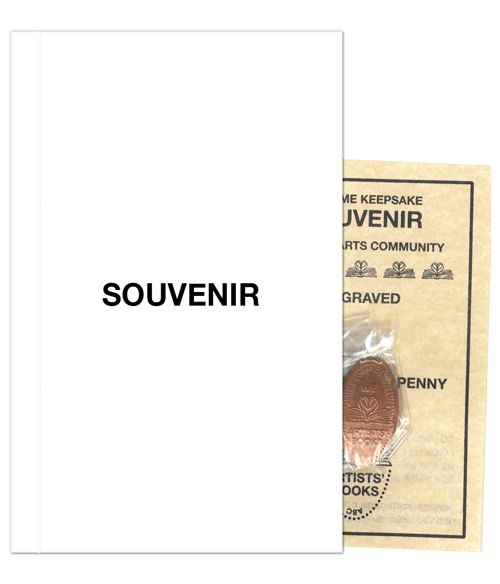Publisher Note
Even though zweikommasieben is only released twice a year, it is a project which keeps us busy all year round. Time, however, is only but one essential factor of making this magazine happen. Another one is, more often than not, money. With continuously rising costs for resources and a global recession looming, the act of publishing in print becomes an economically even more questionable venture that’s prohibitive by design. Moreover, there are more important things than music imposing on our daily lives. We are in a privileged enough position to keep on doing what we are doing, but the precarity of publishing is a real threat for a time-consuming project like ours. In an attempt to explore options beyond a black-and-white scenario of continuing and discontinuing, we’ve placed ourselves in a grey zone. Here, possibilities are still present and worthwhile, but always need to be carefully considered.
In this issue, many of the featured projects and artists are aware of the contemporary circumstances that they are embedded in. Subsequently, the objective realities of creating the music and culture which we cover with zweikommasieben are foregrounded. Rather than only focusing on music’s inherent qualities, the following pages highlight what is necessary to be able to produce and participate, and who has these resources at their disposal. The often-sobering view on music and art could be read as disappointing. However, the texts, their authors, and the featured artists also reveal their strategies for navigating their situations and how they aspire to find ways of moving towards a more sustainable context for everyone involved.
A red thread running through various entries of this issue is the focus on the importance of community: Lazer-Gazer and Noise Diva, two younger representatives of the Amsterdam scene, see collaboration at the heart of their practices, and actively set up ways to involve underrepresented voices in the cultural field. In another contribution, the Berlin-based label Unguarded makes a plea for their community as an (artistic) support network. Such a support structure is also acknowledged by Sega Bodega in his interview. He confesses that an important change for him was the ambition to make music that his friends would also want to listen to.
A different perspective on support structures is offered by the collective Technomaterialism. In their essay, they analyze the exploitative practice of late payments as a systemic issue in the creative sector. They also offer a solution, rallying everyone in a freelance ecosystem behind the cause of better, fairer working conditions. In a similar manner, our graphic designers were confronted with the reality of rising paper costs, described above. To minimize paper waste, they created a dense layout that includes the margins which are regularly cut off in industrial production.
With these circumstances in mind, we are proud to present issue #26 of zweikommasieben, hoping that it succeeds in responding to the shared reality of creating anno 2022.
zweikommasieben Magazin #26
| Publisher | |
|---|---|
| Release Date | November 2022 |
| Series | zweikommasieben, #26 |
| Work | |
|---|---|
| Subform | Music Magazine |
| Topics | Experimental Music, Pop Music |
featured in
Hold The Sound